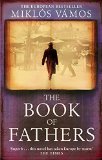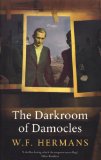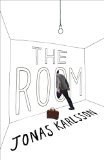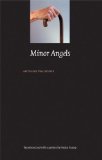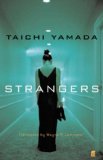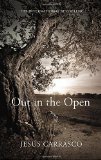 Translated from the Spanish by Margaret Jull Costa
Translated from the Spanish by Margaret Jull Costa
Five words from the blurb: boy, hiding, violence, landscape, goatherd
Out in the Open is a short, but powerful book about a boy who runs away from home. Whilst avoiding a search party, he meets an old goatherd and the two form an unlikely friendship. They begin to rely on each other for survival; showing how love and respect can span the generations.
The story takes place in a drought-ridden country where society appears to have broken down. The lack of any real reference means that it could be set in any time or place and this gives the book the feel of a timeless classic – further reinforcing its brilliance. The boy’s reasons for leaving home are eventually revealed, but they almost don’t matter. The focus is on how the boy survives and learns who he can trust in this harsh landscape.
Much of the book reminded me of The Road – the only real difference being that the central relationship is with a stranger. It was slightly lighter in tone, but should still be avoided by anyone looking for a happy story.
Again he tries to open his eyes, but without success. His eyelids weigh as heavy as curtains made of embossed leather. Infernal screams push the walls of his brain inwards. He feels a pounding in his translucent temples and his eyes bob about in their sockets like ice cubes in a glass. The person sitting inside his brain is searching for alternatives. He travels through his hollow body as far as his fingertips. He sends an electrical charge through them, even kicks them, but there’s not a flicker of movement. He’s clearly trapped inside his head, and the only option now is to wait for death.
The writing quality was excellent. The text initially appeared quite simple in structure, but a lot was happening beneath the surface and more is revealed with each re-read. The translation was excellent and it didn’t feel Spanish at all. It had a universal quality that means it should appeal equally to everyone, no matter which country they come from.
My only criticism is that the book was relentlessly bleak. I’d have liked to see a bit more happiness, or even hope, woven into the story. Despite this, I’m still glad I read Out in the Open and will remember this little boy for a long time to come.
Recommended to anyone who enjoys stories about the darker aspects of life.

.

